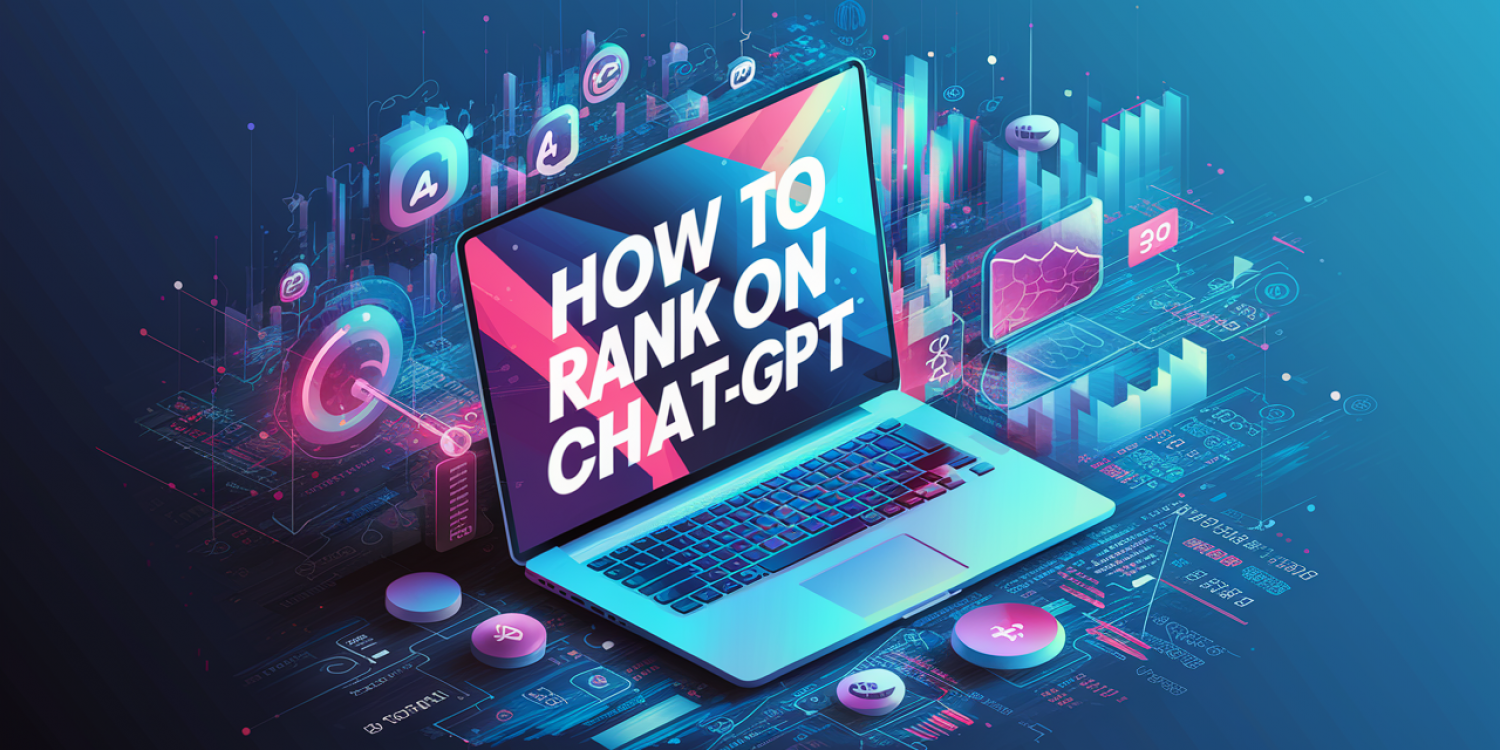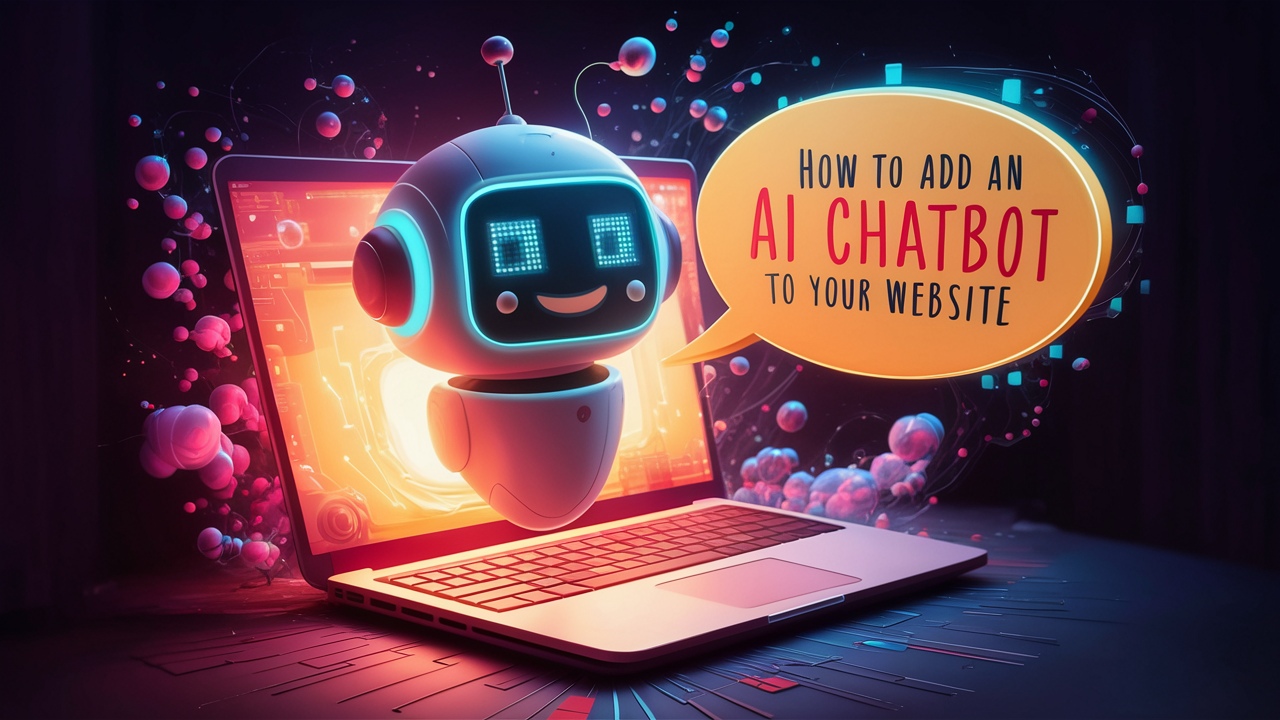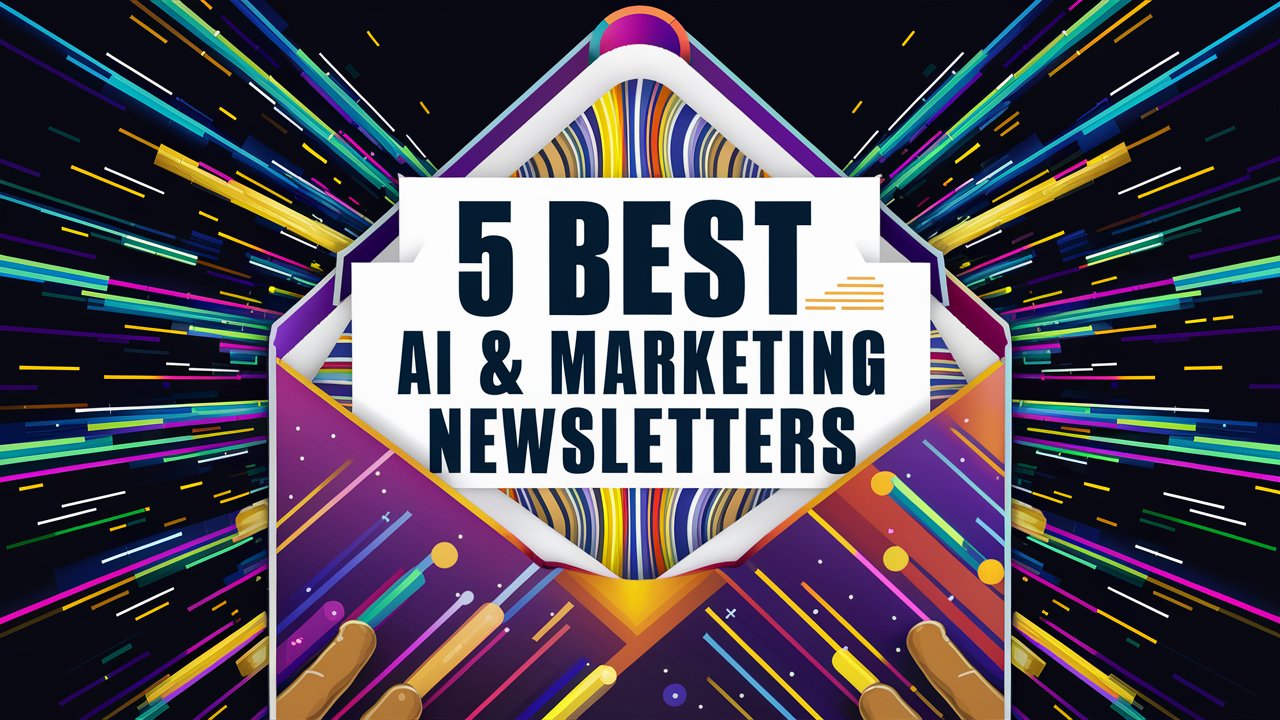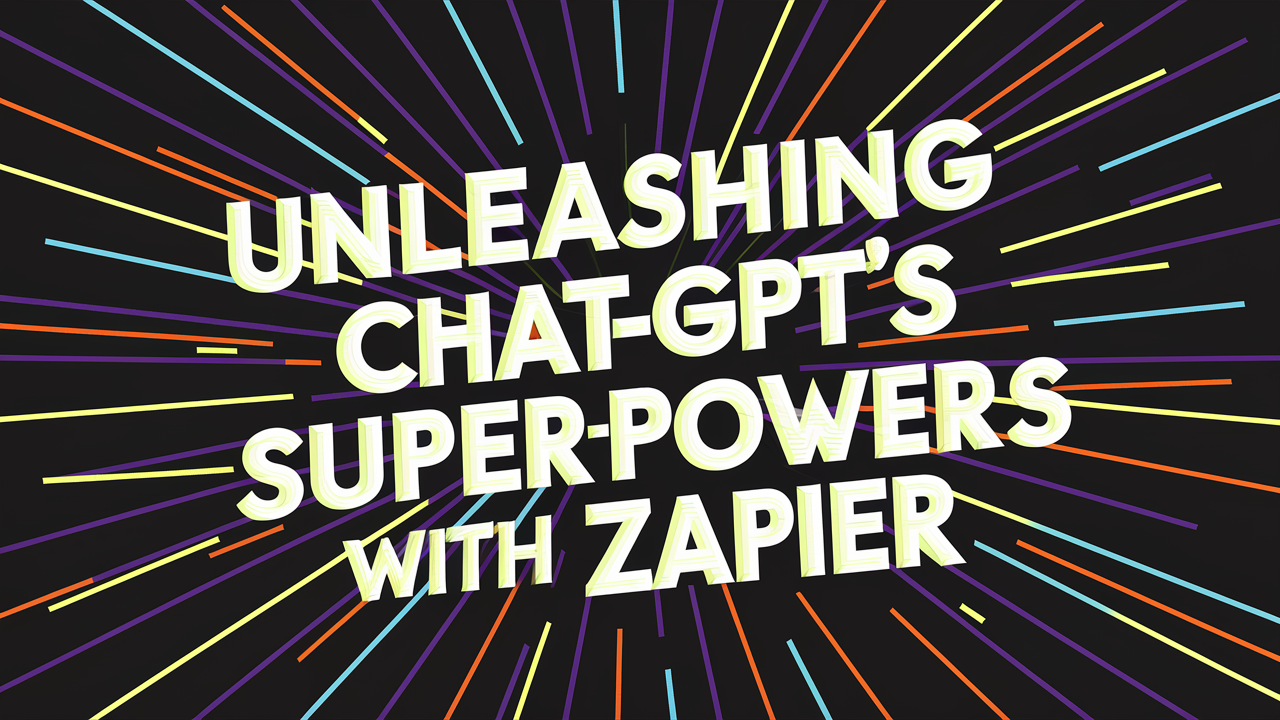When we talk about the future of digital marketing, one can’t help but notice the looming shadow of AI chatbots like ChatGPT—a shadow that’s cast far and wide across the industry. Up to this point, we haven’t cracked the code on Search Engine Advertising (SEA) for these AI giants, but the buzz in the ChatGPT forums suggests that figuring this out could be the next big breakthrough in monetizing digital businesses, akin to Google’s success story. And it’s not just speculation; Gartner predicts that by 2026, we’ll see a 25% drop in search traffic as AI continues to rise.
Marketing or SEO for AI Platforms
Diving into the world of AI platforms for marketing is not just a smart move—it’s becoming essential. In this space where conventional search engines don’t hold all the cards, AI platforms like ChatGPT are starting to call the shots. The game here is about ensuring your brand becomes a part of the AI’s learning process. It’s about making sure your name is in the mix when these AI models get trained, setting you up as a go-to recommendation when users ask their burning questions.
Insights on Ranking Your Brand on ChatGPT
To grasp how ChatGPT may prioritize one brand over another, Neil Patel posed over a hundred varied questions to the AI, aiming to discern any discernible patterns in its recommendations. Interestingly, six key factors emerged as influential:
Brand Mentions: A higher frequency of brand mentions across the web correlated with more frequent recommendations by ChatGPT.
Reviews: Positive reviews, in abundance and with high ratings, positively influenced the AI’s suggestions, underscoring the weight of good reputations.
Relevancy: There was a notable link between the keywords used in questions to ChatGPT and the products or companies it recommended. The presence of these keywords on web pages mentioning the brand or product was a common factor.
Age: The longevity of products or companies often swayed ChatGPT’s recommendations, with a tilt toward those with a longer history.
Recommendations: Curiously, many of ChatGPT’s suggestions mirrored those found on listicle sites, which could indicate the AI’s reliance on external cues from such websites.
Authority: The overall authority of a company, indicated by factors such as social following and domain authority, also played a role in the likelihood of being recommended.
It’s important to note that as of now, ChatGPT operates on data up until April 2023. So while we tailor our efforts to these findings, we’re not only setting the stage for future updates but also positioning ourselves for when plugins enable ChatGPT to fetch the latest internet results. This proactive approach ensures that when the time comes, our brands are primed for recommendation.
Alternative Marketing Strategies in the Age of AI Chatbots
With the dawn of ChatGPT and other LLMs, it’s time to rethink our marketing playbook. We’re not looking at SEA in the traditional sense—there’s no direct payment for visibility here. Instead, we’re learning to navigate through marketing methods that get us noticed by AI without a price tag. This shift calls for innovative thinking and strategic presence in the data and content that feed the AI.
A Strategic Blueprint for Digital Marketing in the AI Age
In response to the expected decline in search engine traffic, marketers must adopt a holistic approach:
Prioritize Quality and Authenticity: Now more than ever, the digital trust depends on creating content that’s true to your brand and expertise. Google’s EEAT standards remind us that our audience values content that comes from a place of authority and genuine know-how.
Champion Unique Content: AI may be smart, but it can’t invent personal experiences or individual insights. That’s where your unique content comes in. Make something valuable that AI can’t mimic, and it will stand out.
Authenticate Your Content’s Legitimacy: As AI-generated answers become more common, it’s important to make sure your audience knows that your content is the real deal. Use methods like digital watermarking to confirm your content’s authenticity.
Evolve Your Keyword Approach: It’s not just about keywords anymore—it’s about understanding how your audience talks to AI and making content that fits naturally into these conversations.
Discover New Engagement Avenues: Search traffic might be on the downswing, but your audience is still out there. Find them on social media, through AI chatbots, or in new digital spaces where they’re looking for answers.
Foster Collaborative Relationships: Working together with influencers and other brands can put your content in front of more eyes. It’s about sharing resources and ideas to create content that AI models notice and share.
Wrapping it up
Marketing in an AI-driven world means being a part of the conversation in a way that’s subtle yet powerful. By fine-tuning your strategies now, you lay the groundwork for success as AI becomes an even bigger player in digital marketing. It’s a pivotal moment for marketers to think ahead and get creative with how they engage with AI—and the audience on the other side of the screen.
Sources:
- https://neilpatel.com/blog/how-to-rank-your-website-on-chatgpt/
- https://www.gartner.com/en/newsroom/press-releases/2024-02-19-gartner-predicts-search-engine-volume-will-drop-25-percent-by-2026-due-to-ai-chatbots-and-other-virtual-agents
- https://www.seo-suedwest.de/9195-gartner-sagt-rueckgang-des-suche-traffics-um-25-prozent-bis-2026-voraus.html#:~:text=Gartner%20sagt%20R%C3%BCckgang%20des%20Suche-Traffics%20um%2025%20Prozent%20bis%202026%20voraus,-Christian%20Kunz%2020&text=Berdingt%20durch%20KI-Chatbots%20und,in%20der%20Suche%20zu%20bestehen.
Disclaimer: Crafted with a sprinkle of AI wisdom from ChatGPT — because even geniuses need a little help from their AI friends.






